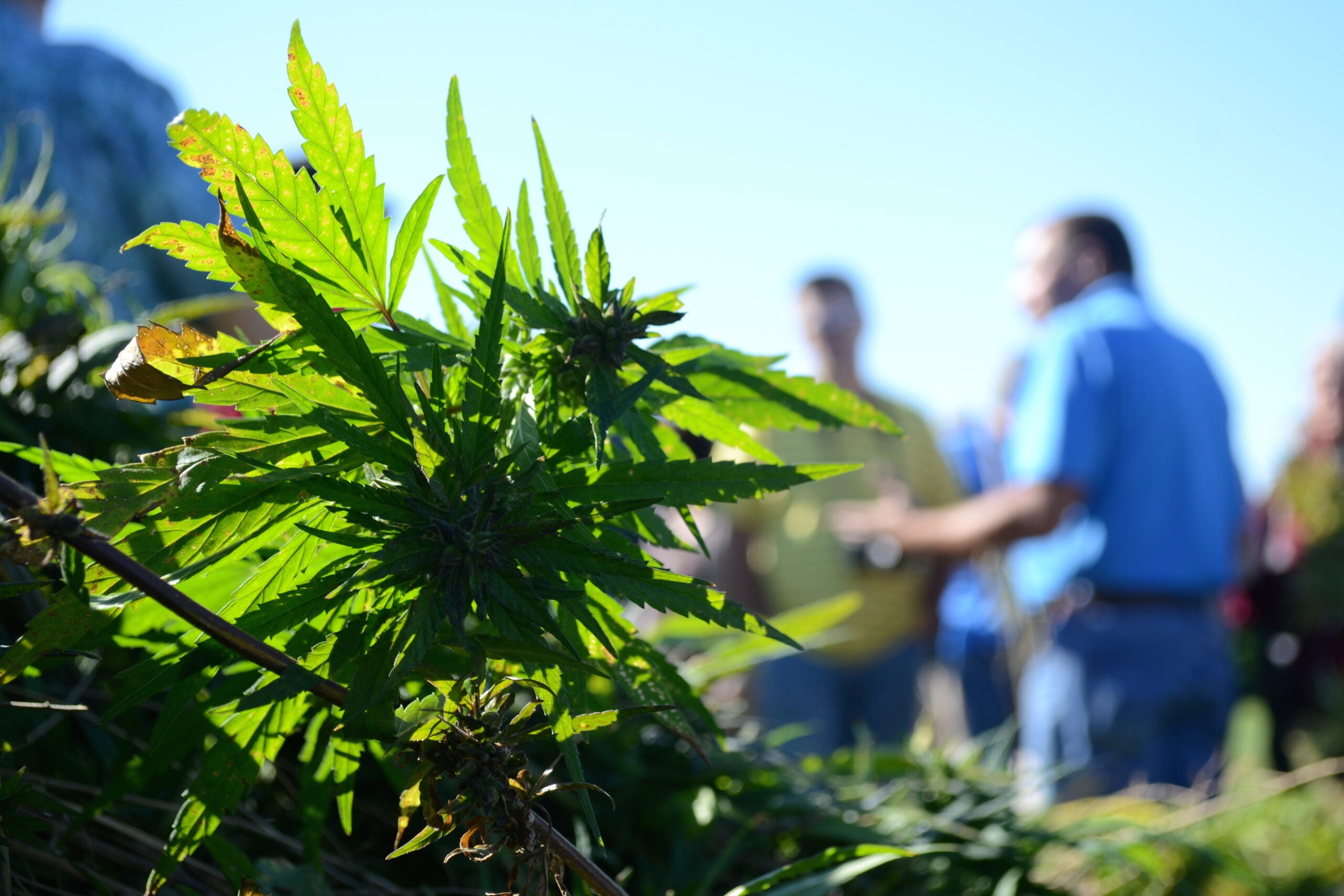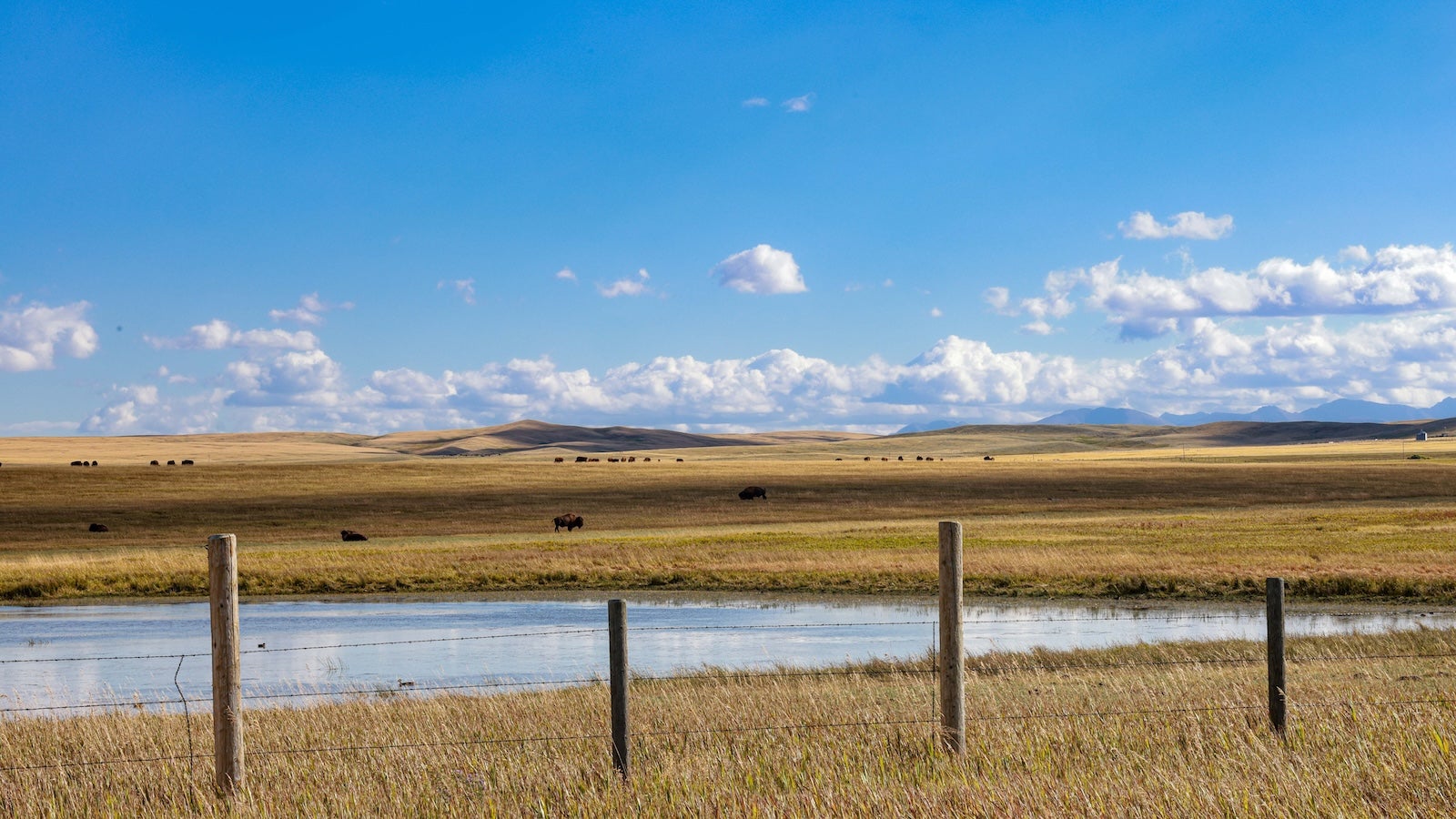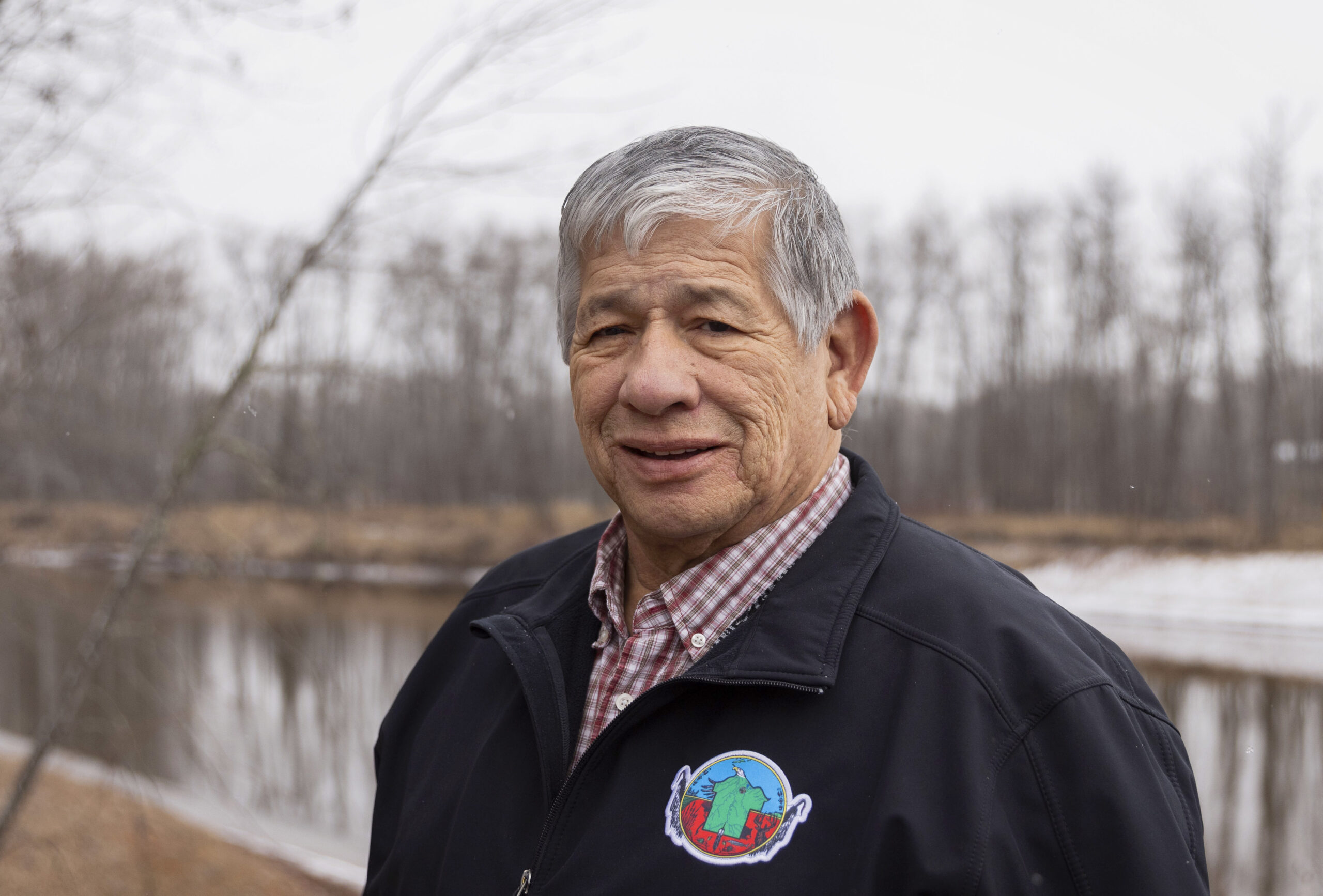Gov. Scott Walker signing off on a bill to allow industrial hemp farming in the state last week clears the way for the St. Croix Chippewa Indians of Wisconsin to grow hemp on its reservation. However, it remains unclear whether the state would seek to prevent the tribe’s plans to process the plant to produce cannabidiol or CBD oil.
CBD oil has been said to ease symptoms for people who suffer from seizures.
Under the new law, farmers can grow hemp as long as the plants have THC levels below what’s considered marijuana, which is 0.3 percent or less. Another law passed this year would allow people to possess CBD oil for medicinal reasons, but state law doesn’t allow production.
Stay informed on the latest news
Sign up for WPR’s email newsletter.
“They possibly could bring a challenge saying, ‘Hey, that’s not what we legalized. We legalized the growth of hemp,’” said Jeff Cormell, general counsel for the tribe.
Cormell said the tribe has the right as a sovereign nation to oversee the growth and processing of hemp under its own laws on the reservation. He said they’ve already created standards to oversee safety and compliance.
“In the CBD ordinance we created, we created departments for safety. We have our own regulatory schemes, our internal control standards where all those safety measures have already been considered and put into place,” he said. “The processing plant that we’ll be putting together is all going to be laboratory grade … Everybody that is working with us in this process are experts in this field.”
The tribe’s attorney feels the potential of a challenge from the state is slim.
“From the tribe’s perspective, all the challenges here are just purely academic and likely would not be brought by the state,” Cormell said. “But, again that’s for the state to decide. As always, we’ve been in communication with them. We will continue to keep those lines of communication open. We feel that that relationship has been good.”
A Wisconsin Department of Justice spokesman did not immediately respond to a request for comment Tuesday. The state will need to develop its own rules, issue licenses and conduct inspections to ensure compliance with industrial hemp production under the new law.
The tribe expects to invest about $1.2 million in hemp production over the next year. Cormell said they envision around 15 jobs would be created in the short-term and up to 100 jobs in the future.
“There’s excitement in this area. For farmers in this area, some can begin growing hemp in partnership with us. For packaging people, labeling — just like any other kind of industry — we’re not planning on doing all of that all by ourselves,” he said. “Those things are going to spur up around us so there’s going to be opportunity for new businesses.”
Cormell said the tribe has also received correspondence from the U.S. Department of Justice regarding their plans. He said the agency referenced the federal Controlled Substances Act, but it did not say whether they would take enforcement action against the tribe.
A spokesman with the U.S. DOJ declined to comment Tuesday on the tribe’s plans.
Wisconsin Public Radio, © Copyright 2024, Board of Regents of the University of Wisconsin System and Wisconsin Educational Communications Board.







